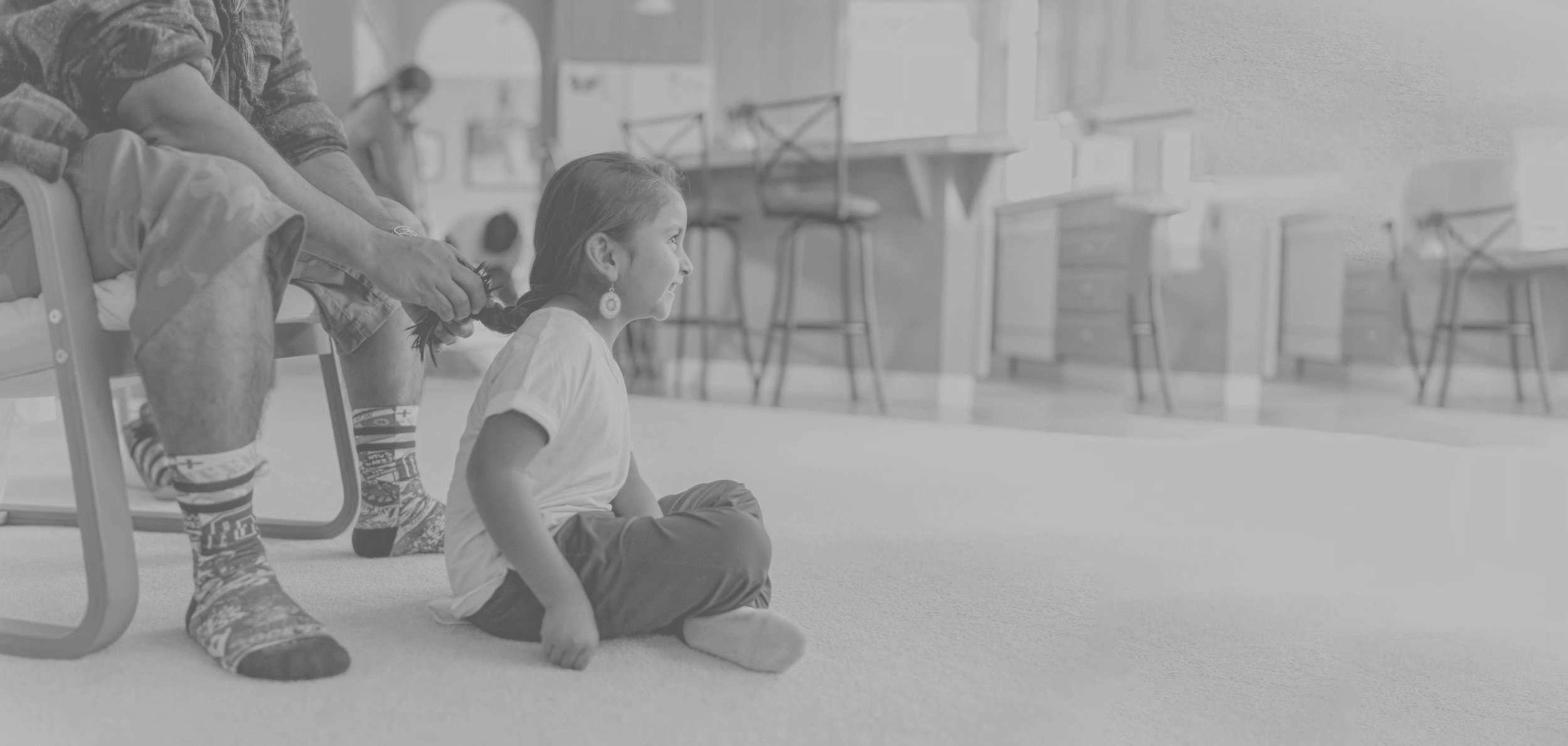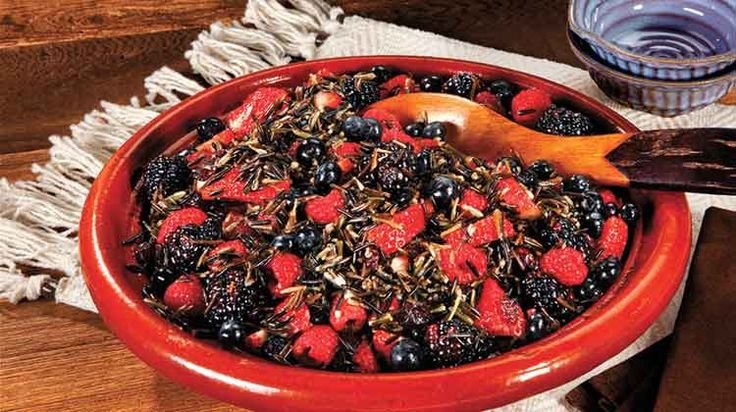Honouring Traditions and
Building Futures
N'Amerind Friendship Centre is a non-profit organization committed to the promotion of physical, intellectual, emotional and spiritual well-being of Indigenous people living in London, Ontario and surrounding areas.

Community.
Support.
Friendship.
N’Amerind.
50+
Years
Serving Indigenous Community members in London, ON
15+
Diverse programs
Offered to meet the needs of our community
560+
Community members supported through N’Amerind programs and their initiatives
Our Mission
The N’Amerind (London) Friendship Centre, Inc. is a non-profit organization committed to the promotion of physical, intellectual, emotional and spiritual well-being of Indigenous people and in particular Urban Indigenous people.
We strive to promote the spiritual well-being, mental strength, intellectual capacity, emotional stability and physical health of Urban Indigenous community members through culturally relevant programs and supports to meet social, recreational and educational needs in addition to increasing awareness levels of indigenous heritage and establishing resources for community development.
Community, Care and Tradition
Over 50 Years of Culture, Support and Community Building in London, Ontario
Founded in 1965, the N'Amerind Friendship Centre has been a pillar of support for urban Indigenous communities in London, Ontario. As one of the original six Friendship Centres in Ontario, N'Amerind has played a pivotal role in fostering Indigenous identity, well-being, and cultural connection.

Upcoming events
-

Community Kitchen
November 6th, 2024
4:00pm - 6:00pm
Join us for the Community Kitchen, a welcoming space where everyone in the community can come together and enjoy a free, delicious meal. -

Feast For the Dead
November 6th, 2024
7:00pm - 9:00pm
Join us for a special evening of reflection, tradition, and community as we come together to honour our ancestors in the Feast for the Dead. -

Drop-in Volleyball
October 28th, 2024
6:00pm - 8:00pm
UAHLP presents Monday Evening Drop-In Volleyball! A great opportunity to stay active, improve your volleyball skills, and have fun.
Monthly Program Spotlight
Wiingashk Alternative Secondary School
Wiingashk Alternative Secondary School is a collaborative program between N’Amerind Friendship Centre and the Thames Valley District School Board that offers Indigenous Secondary Students who are struggling in mainstream classrooms a culturally enriched, community based space to pursue their education at their own pace.
Throughout their time with Wiingashk students are offered programming and supports through N’Amerind to address potential barriers to their education, provide cultural enrichment and give social support.









